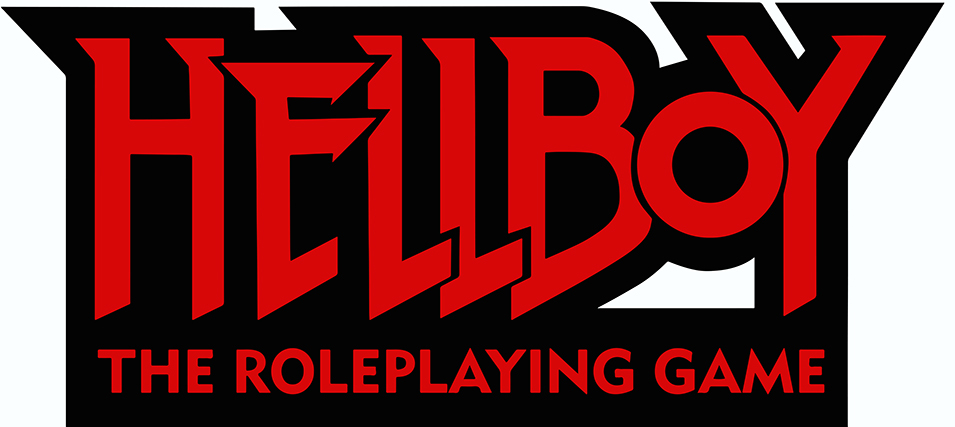Mantic: Hellboy The RPG – Using Doom and Ingenuity in Your Games
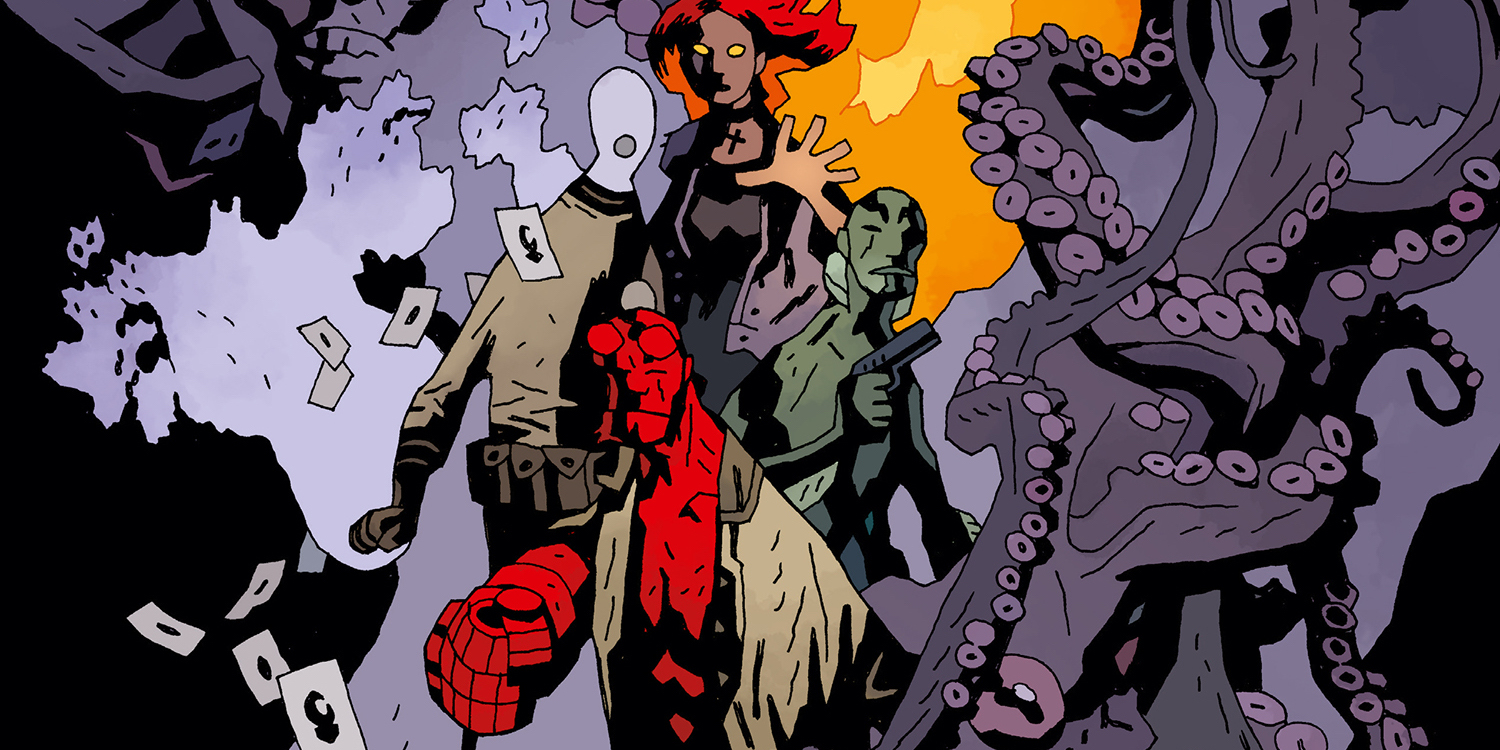

The new RPG brings in the feeling of the comics to the table with two important elements.
B.P.R.D. agents are used to feeling a sense of doom and fighting it off with ingenuity or good fortune as they go on missions across the world. Mantic’s new Hellboy RPG brings those opposites into the game using the Doom and Ingenuity system, which gives players a framework to turn dice rolls into a possible narrative that goes beyond just success or failure.
Whenever possible, Doom should be resolved immediately, but keep in mind that it should fit the narrative that led to the check. This may take the form of fumbling the result or gaining a disadvantage on a subsequent roll if the d20 roll was a failure overall, or succeeding at a cost if it was a success. An enemy might slip by the group’s defences and end up better placed to spring an attack, or an agent might hit with a shot but also jam their weapon. In combat, Doom may manifest by the PC accidentally overreaching and temporarily lowering their Armour Class by 1 or 2, or the agents might misread a room as not derelict but ominous, discounting it as a site to rest with take time.
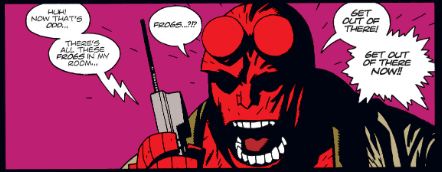
Doom can be tracked as a pool rather than used immediately, particularly if there is no suitable option for the use of Doom as part of a roll, or if the use of Doom will arbitrarily slow the game down, rather than provide an interesting twist to the narrative.
The GM can hold an amount of Doom equal to the number of agents plus 1. If the GM has more points of Doom than this number, the excess can be spent towards the Grand Conspiracy Sheet or discarded.
Click here to learn more about using Doom.
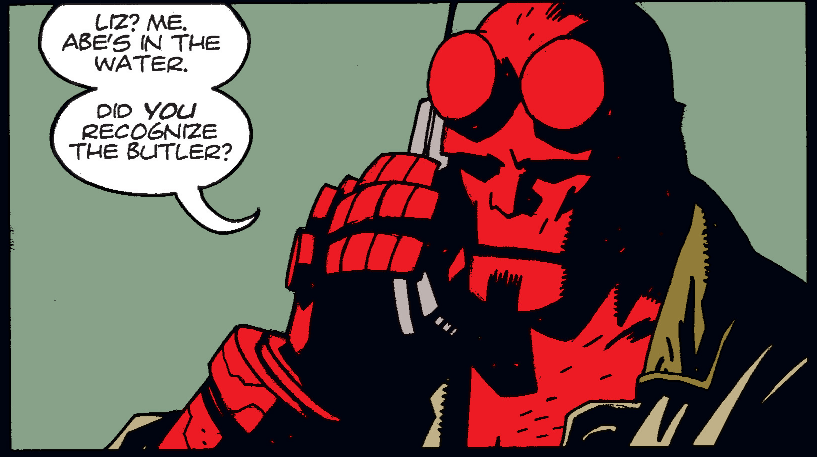
GMs aren’t the only ones that benefit from the narrative twists the framework produces. Players can gain a boost via Ingenuity – like Hellboy’s ability to find the right tool at the last minute.
A player can always choose whether to spend Ingenuity or not. And though it has obvious uses in combat, the GM should also encourage the use of this resource outside of combat. Examples for using Ingenuity on a non-combat challenge include the player obtaining additional information from a skill test, succeeding more quickly than intended at a skill-related task, and gaining a new avenue of inquiry.
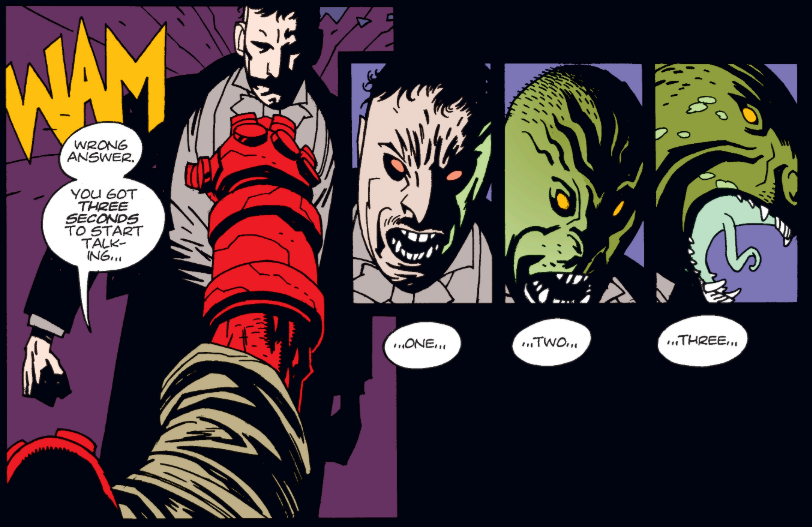
Ingenuity can be stored as a pool. You can have a maximum number of Ingenuity points equal to your proficiency modifier plus 1. You lose all Ingenuity when you rest by taking time.
The following list provides some standard uses for Ingenuity:
- Succeed with flair, unlock the next level of information, or gain a mild benefit to the current situation.
- Fail with style. For example, land on your backpack rather than your face as you fall through rotten floorboards, mitigating one dice of damage from the effect.
- Injuries can also be suppressed by Ingenuity points. The GM should reward creative thinking when Ingenuity points are used for this purpose.
Click here to learn more about using Ingenuity.
Hellboy: The RPG will be on Kickstarter soon –
sign up for alerts here!
